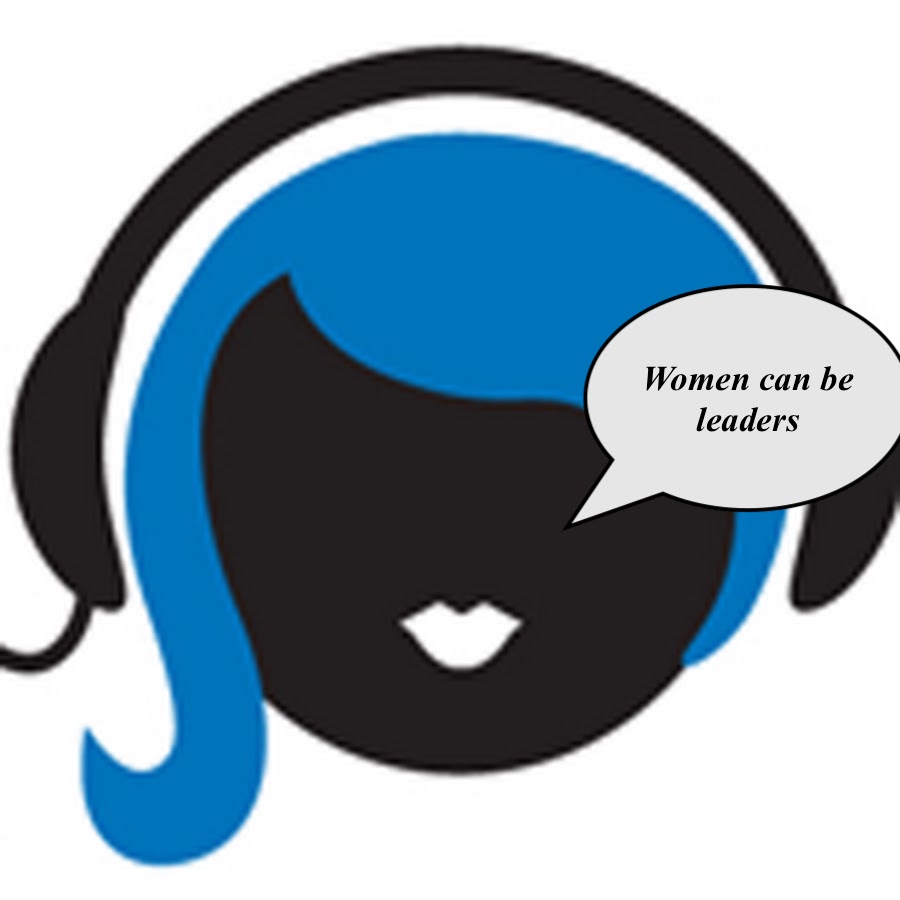I was recently listening to an episode of The Guilty Feminist podcast titled ‘Being Bossy with Carrie Quinlan.’ It is quite possible you are already rolling your eyes due to the use of that awful B-word. Every woman and young girl has been called bossy at some point in their life, and the connotation that comes with it is not a good one. I love this podcast and this particular episode piqued my interest. Being too emotional was also brought up, which might evoke a second eye roll from some readers.
I want to get straight to the point on why these kinds of terms and phrases are awful and damaging. The word bossy and leader are two very different words. Each elicits different feelings, have separate definitions, and can be seen as opposing. You want to be one and not the other. Although, if we look at these words through a feminist lens, we can see a problem. Though these words are different, they are often applied to people who are synonymous. Men are rarely called bossy, while most female-identifying people can attest to being called it at least once in their lifetime. I don’t want to make any blanket statements. The word bossy is often reserved for women and girls who are exhibiting leadership characteristics.
It is incredibly discouraging, and I have been labeled it so much more with each leadership role I have taken. Six-year-old Sarah was bossy, and sometimes twenty-four-year-old Sarah can be a bit hot-headed. However, when it comes to my work as a designer and engineer, I try my hardest to represent myself in a confident and professional manner. When I am told I am bossy or overbearing, I take it as a blow to my work ethic and how I am managing my role as a leader or project manager. This is simply not the case.
Then there is you are being too emotional phrase. I am going to share a personal story of why this phrase is detrimental. Especially to those who work in an artistic industry and are passionate about what they do.
A few years ago, I was presenting design work I had done for a play that I felt a deep connection to. It had female lead characters that represented power and inspiration. Which are all the things I love in a story. I felt confident about the work I had done, but when it came time to present, I was overly concerned about appearing too emotional and being seen as unprofessional. This was the first time in my educational career where this idea and fear had materialized. I was finally able to show my feelings and connections for my work and the script, but I had not gotten over that fear that momentarily held me back. It is devastating that I perceived my emotions for my work to be unprofessional and therefore felt like I could not be myself and represent the design that I loved.
This is a problem. Being told you are too emotional is a problem. These are words and phrases that have no place in a professional or educational setting. It creates pitfalls for our young professionals who will have to deal with this for the rest of their lives. It is sad, it is discouraging, and it can also be sexist. Women can be leaders, men can be emotionally invested in their work, and vise versa. I implore you to consider this as a participant in the music and audio industry. I beg you to think about those who these phrases affect and how they stifle ambition and creativity. I ask that you leave these words at the door.
This is a brief commentary on my feelings in regard to these issues, but the conversation does not end here. Having these discussions and the ability to talk about concerns and experiences like mine helps our industry become stronger, more inclusive, and more supportive for its members. Organizations like SoundGirls and W.A.M. are wonderful resources when it comes to looking for a sense of support and community where you can have these kinds of conversations. I would also like to extend my email; sjcalver@mtu.edu; if anyone wishes to continue this conversation with me personally. I have a narrative project in development surrounding issues related to female-identifying people and one small portion of that narrative will talk about being bossy and too emotional.
I will say it again in case anyone did not hear it the first time. Women can be leaders, men can be emotionally invested in their work, and vise versa.
